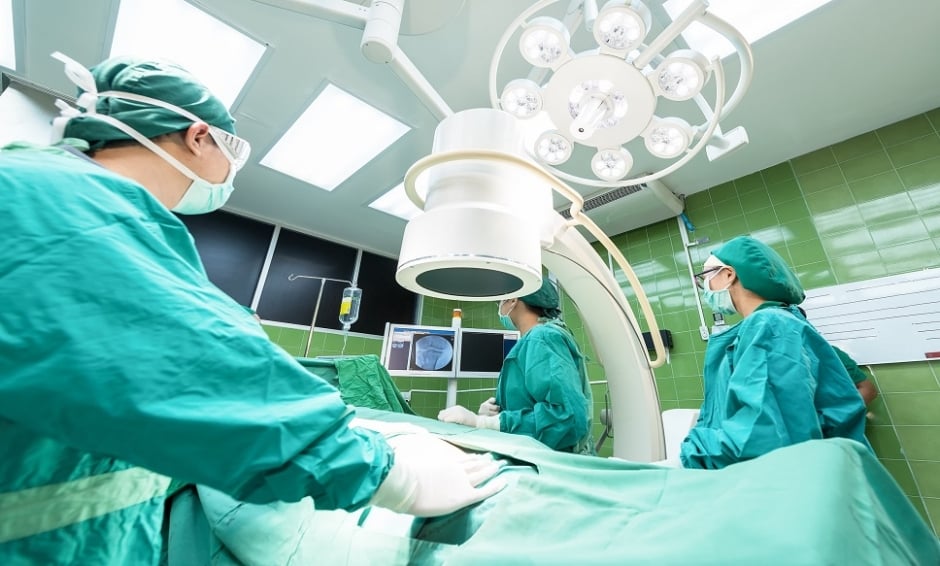SURGERY to remove a cancerous tumour is five-times more likely to be carried out than treatment with chemotherapy and radiotherapy in cancer patients when the disease is diagnosed in its early stages, according to NHS figures of cancer patients in England. The statistics emphasise the importance of early diagnosis for effective treatment in cancer.
The data from around 500,000 cancer patients with 22 different cancer types in England from 2013–2014 were analysed by researchers from Cancer Research UK and Public Health England, London, UK, who were able to show, for the first time, the type of therapy (surgery, chemotherapy, and radiotherapy, alone or in combination) NHS patients received was linked to their cancer stage. For most cancer types, surgery is the most effective treatment, and this method often minimises side effects that can substantially impact a patient’s quality of life.
The statistics showed that 70% of Stage 1 patients received surgery to remove their tumour, while just 12% of these patients were treated with chemotherapy. For those diagnosed at Stage 4, 13% had surgery and 39% received chemotherapy.
The researchers were also able to present data for specific types of cancer. For example, in colon cancer, surgery was utilised in 94% of patients diagnosed at Stage 1, but in those diagnosed at Stage 4, this dropped to 32%, and of these patients, many will receive chemotherapy as well. In breast cancer, 95% and 25% of patients diagnosed at Stage 1 and 4, respectively, received surgery.
“Understandably, people sometimes fear cancer treatments as well as the disease itself. This research shows how important an early diagnosis is for simplifying the treatment options as much as possible. Until now, we have not been able to look at such rich data for the whole of England and analyse who’s been treated and how,” commented Ms Sara Hiom, Director of Early Diagnosis and Cancer Intelligence, Cancer Research UK. “We all have our part to play to increase the number of patients diagnosed earlier. People should consult their GP if they are worried about symptoms, GPs should follow clinical guidelines to refer to patients, and the right diagnostic tests need to be performed and reported promptly so that patients can benefit more from treatments. This all needs greater attention and our national cancer strategy helps give this focus.”
James Coker, Senior Editorial Assistant








